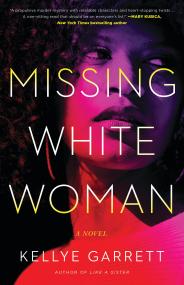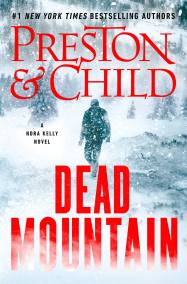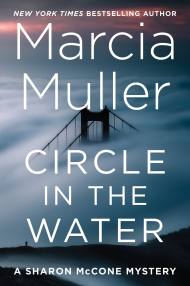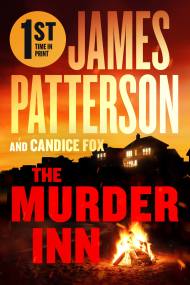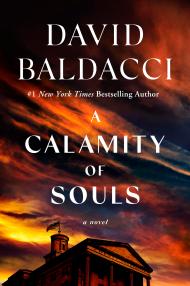Promotion
Use MOM24 for 20% off site wide + free shipping over $45
On a Quiet Street
Formats and Prices
Format
Format:
Trade PaperbackThis item is a preorder. Your payment method will be charged immediately, and the product is expected to ship on or around May 17, 2022. This date is subject to change due to shipping delays beyond our control.
Also available from:
When you really start to look beyond the airy open floor plans and marble counters, Brighton Hills is filled with secrets. Some big, some little, some deadly. And one by one, they’re about to be revealed… “A writer to watch.” –Publishers Weekly
The perfect neighborhood can be the perfect place to hide…
Who wouldn’t want to live in Brighton Hills? This exclusive community on the Oregon coast is the perfect mix of luxury and natural beauty. Stunning houses nestle beneath mighty Douglas firs, and lush backyards roll down to the lakefront. It’s the kind of place where neighbors look out for one another. Sometimes a little too closely…
Cora thinks her husband, Finn, is cheating–she just needs to catch him in the act. That’s where Paige comes in. Paige lost her son to a hit-and-run last year, and she’s drowning in the kind of grief that makes people do reckless things like spying on the locals, searching for proof that her son’s death was no accident…and agreeing to Cora’s plan to reveal what kind of man Finn really is. All the while, their reclusive new neighbor, Georgia, is acting more strangely every day. But what could such a lovely young mother possibly be hiding?
Looking for another heart-pounding thriller? Find out how far the shady residents of the Sycamores will go to keep the stranger in their midst from uncovering their deadly secrets in bestselling author Seraphina Nova Glass’s upcoming thriller, THE VACANCY IN ROOM 10!
Other thrillers from Seraphina to keep you up all night:
- The Vanishing Hour
- Such a Good Wife
- Someone’s Listening
- On Sale
- May 17, 2022
- Page Count
- 320 pages
- Publisher
- Graydon House Books
- ISBN-13
- 9781525899751
By clicking 'Sign Up,' I acknowledge that I have read and agree to Hachette Book Group’s Privacy Policy and Terms of Use
